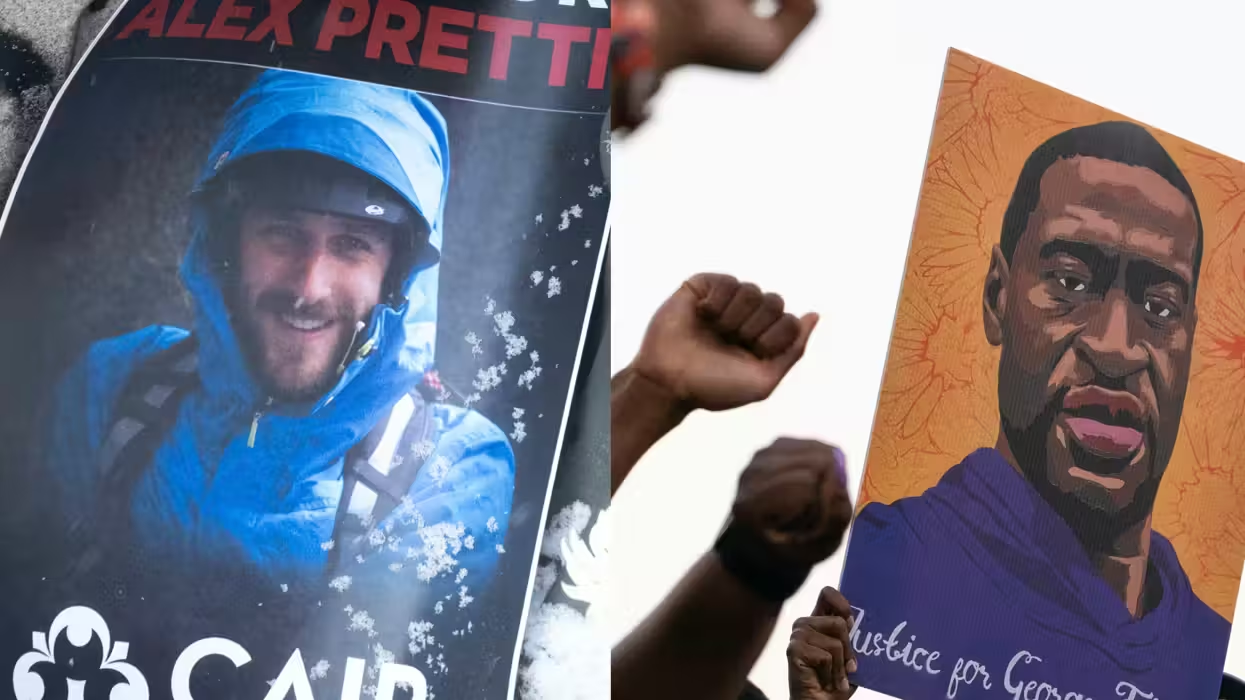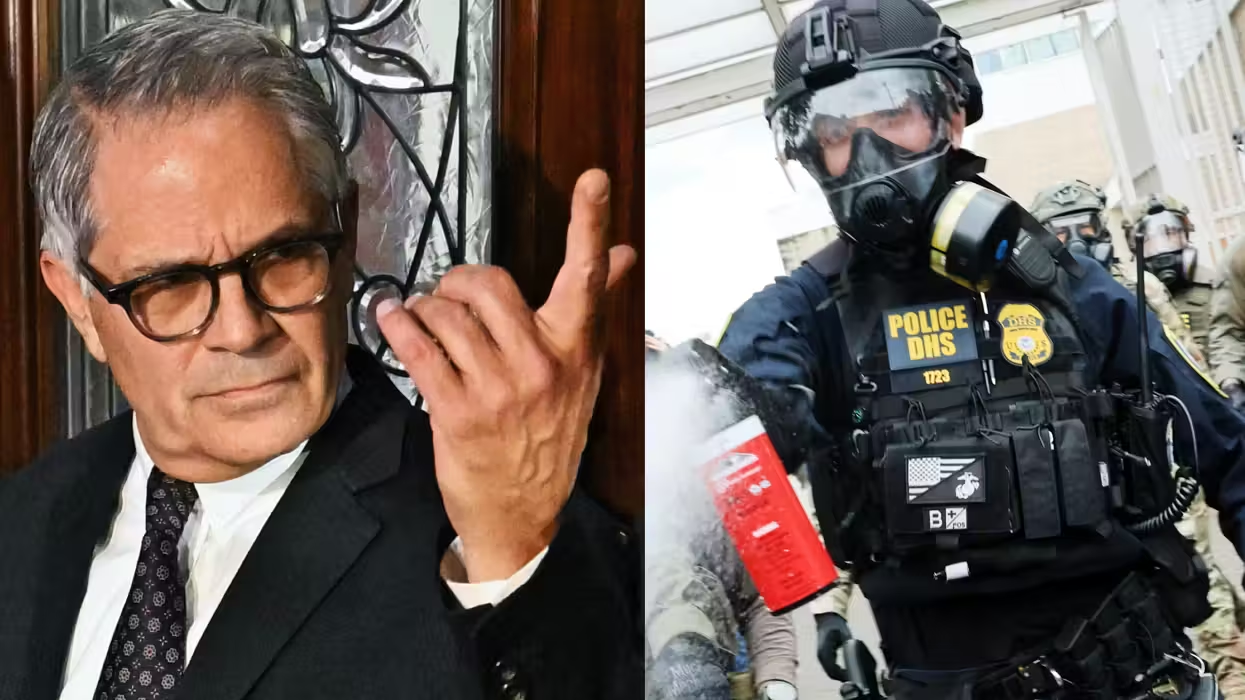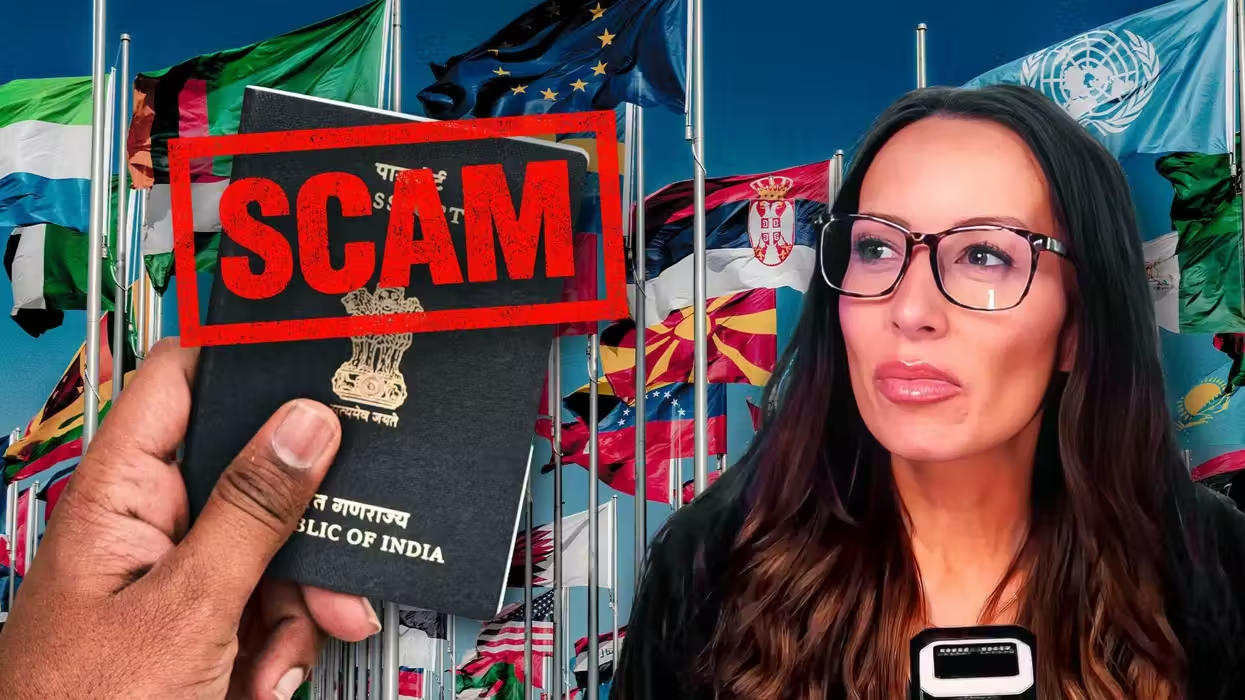The Department of Justice is suing a town in New Jersey for the way it treated a Jewish congregation. According to the DOJ lawsuit, the town violated the congregation's religious rights when it prevented the congregation from moving and denied its request to expand its existing facility.
What happened?
Valley Chabad is a small Orthodox Jewish group in Woodcliff Lake. Founded in 1996, Valley Chabad has been based out of the house of its leader, Rabbi Dov Drizin, since 2000, but it has grown to the point where that is no longer practical.
Drizin said that he has had to rent out rooms in hotels and at the local VFW facility to accommodate the entire congregation for certain holy days.
Drizin's first choice was to move the congregation to somewhere nearby. According to the civil lawsuit filed by the Department of Justice, Valley Chabad initially found a piece of property and signed a contract to purchase it in 2006. Then a member of the Borough Council mentioned that the Borough might be interested in seizing the property through eminent domain. Rather than risk losing the property this way after the purchase, Valley Chabad canceled the contract. The town did end up acquiring that property in 2010.
In 2011, Valley Chabad signed a second contract to buy just over three acres of land. However, this time, the seller canceled the contract after the town said that it would rezone the land to build townhomes.
In 2013, Valley Chabad signed a third contract, this time for 2.1 acres. This property was in a residential zone but not bordering any residences. As soon as the sale went public, a group called “Concerned Neighbors & Residents of Woodcliff Lake, Inc” appeared to oppose it. The mayor and town council of Woodcliff Lake met to debate the purchase, and decided to purchase the property. Eminent domain was again suggested by the Borough. As in the previous two cases, this contract was also canceled, although the lawsuit does not state which party ended it. The town has since bought the property.
In 2014, the congregation decided to try a new tactic. Instead of purchasing new property, Valley Chabad submitted a variance application to the zoning board to upgrade the size of their current facility from 3,194 square feet to 17,728 square feet. The new facility would be able to accommodate the entire congregation for holy days and would allow the congregation to host “Hebrew school classes, weddings, bar and bat mitzvahs, and community events."
The zoning board made Valley Chabad revise their proposal four times. By 2016, the plans included a building that was only 12,247 square feet, 11 feet shorter than the original, and had a wider driveway for emergency vehicle access. The property bordered only one other residential property, and the owner of that property had no objection to the plan. But by August 2016, the zoning board unanimously voted to deny the application.
Instead, the board suggested six other properties, but none of them could work for the congregation. One was outside the town, another was too difficult for congregants to reasonably walk to. Another was too small, another was in a wetland where they would not be permitted to build, and the other two were not on the market when the variance was submitted.
Robert Greene, counsel to Storzer and Associates who is representing Valley Chabad, told TheBlaze that the Borough of Woodcliff Lake had “violated the Constitution's Free Exercise Clause and the Religious Land Use Act over a number of years” in their treatment of the congregation. He added that the borough was “effectively keeping a religious community from having a place to worship.”
What did the Department of Justice say?
The Department of Justice lawsuit accused Woodcliff Lake of violating the Religious Land Use and Institutionalized Persons Act of 2000. The act protects religious institutions from land use regulations that “impose a substantial burden on religious exercise without a compelling justification.”
Attorney General Jeff Sessions explained the purpose of the lawsuit: "We alleged that over an 8 year period the town stopped every effort by the group to purchase an alternative worship site and then denied it permission to expand on its property."
In a news release, the DOJ accused Woodcliff lake of taking steps to "thwart each attempt" by Valley Chabad to find a new location, and that the reasons given for not allowing the congregation to expand its existing location were “undermined by the testimony of the zoning board’s own experts.”







